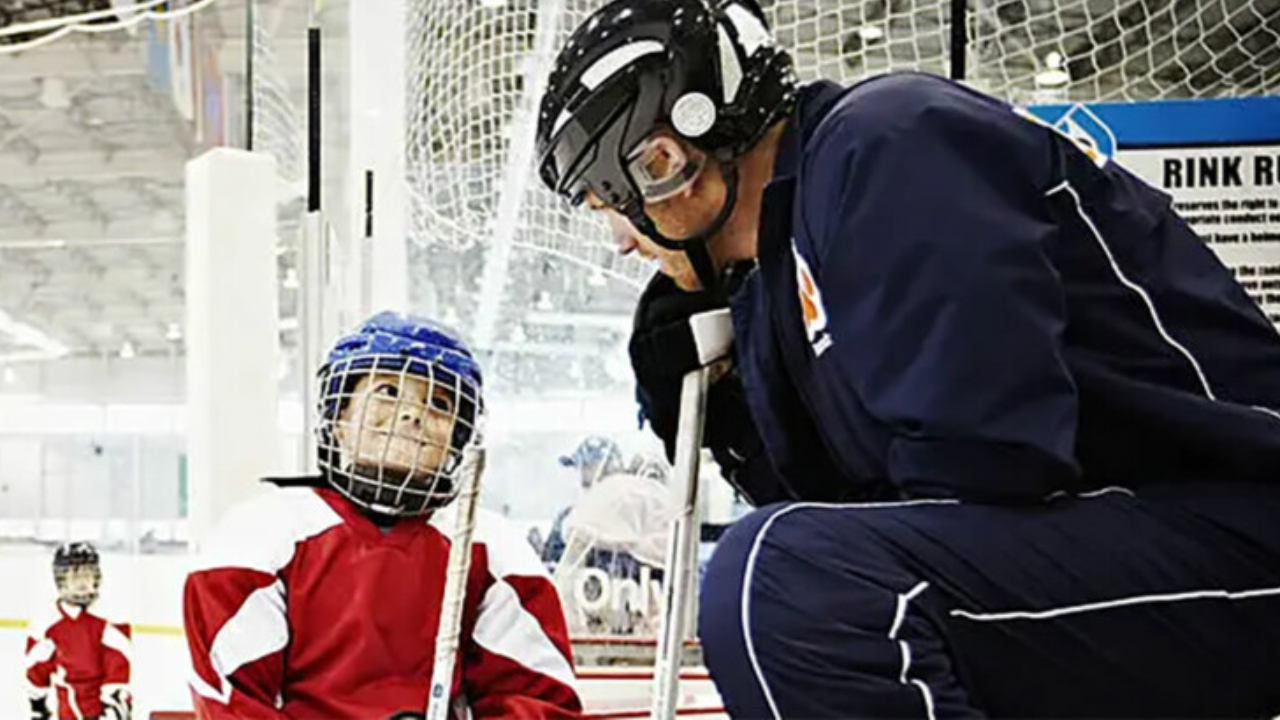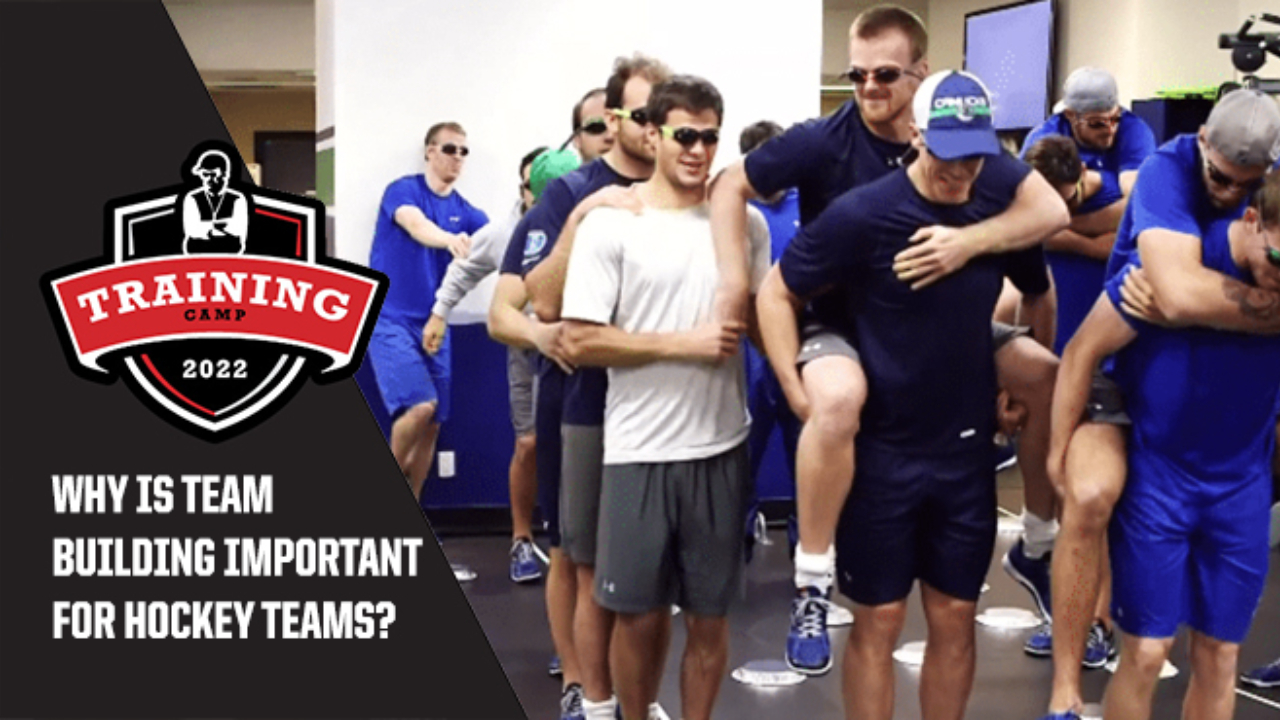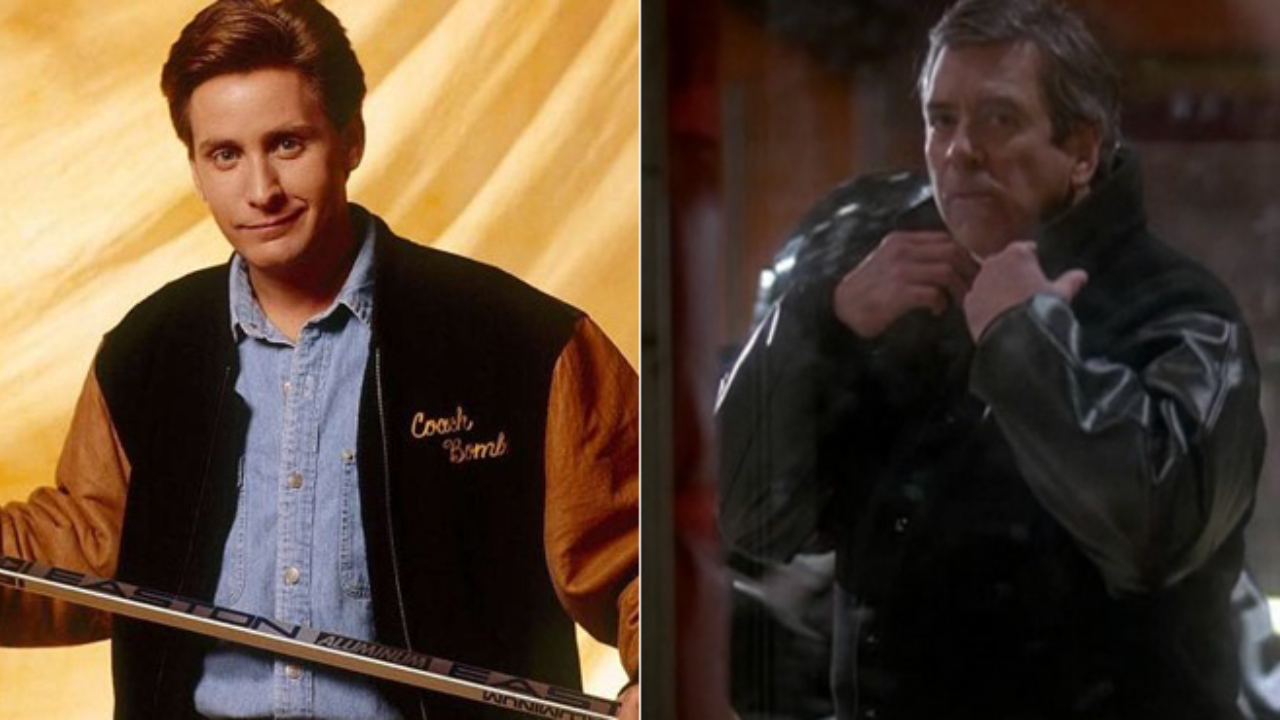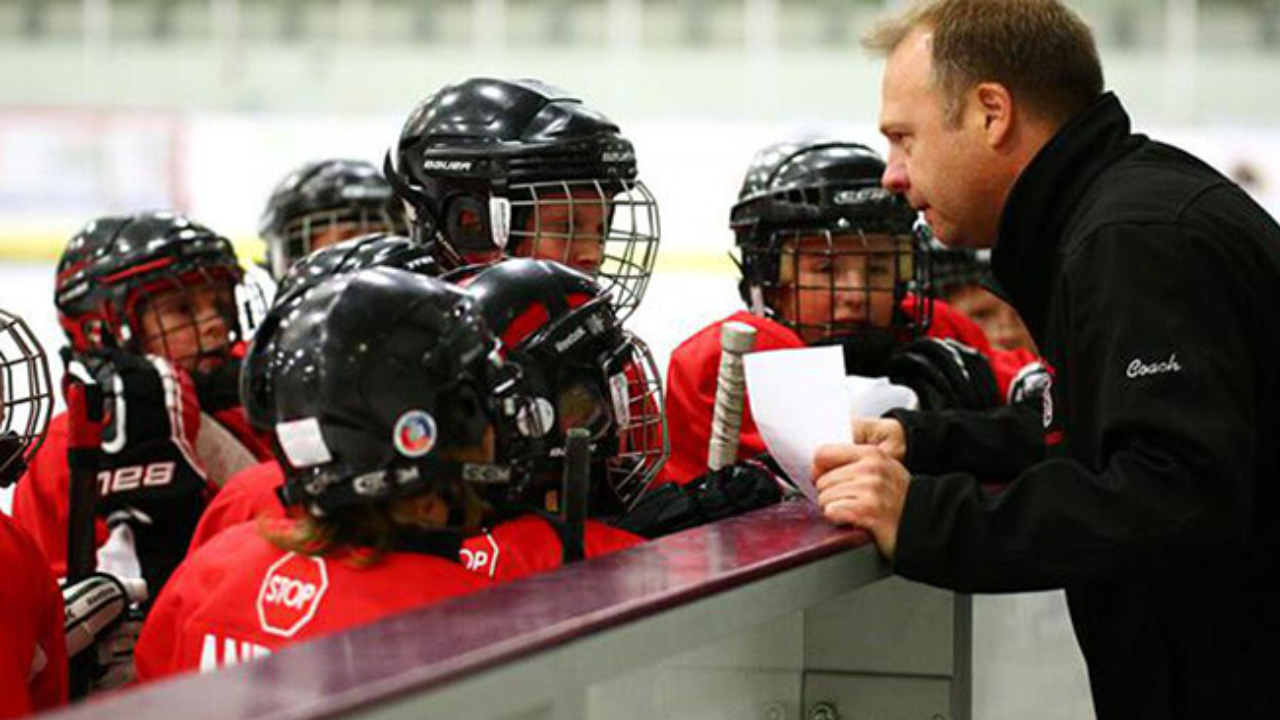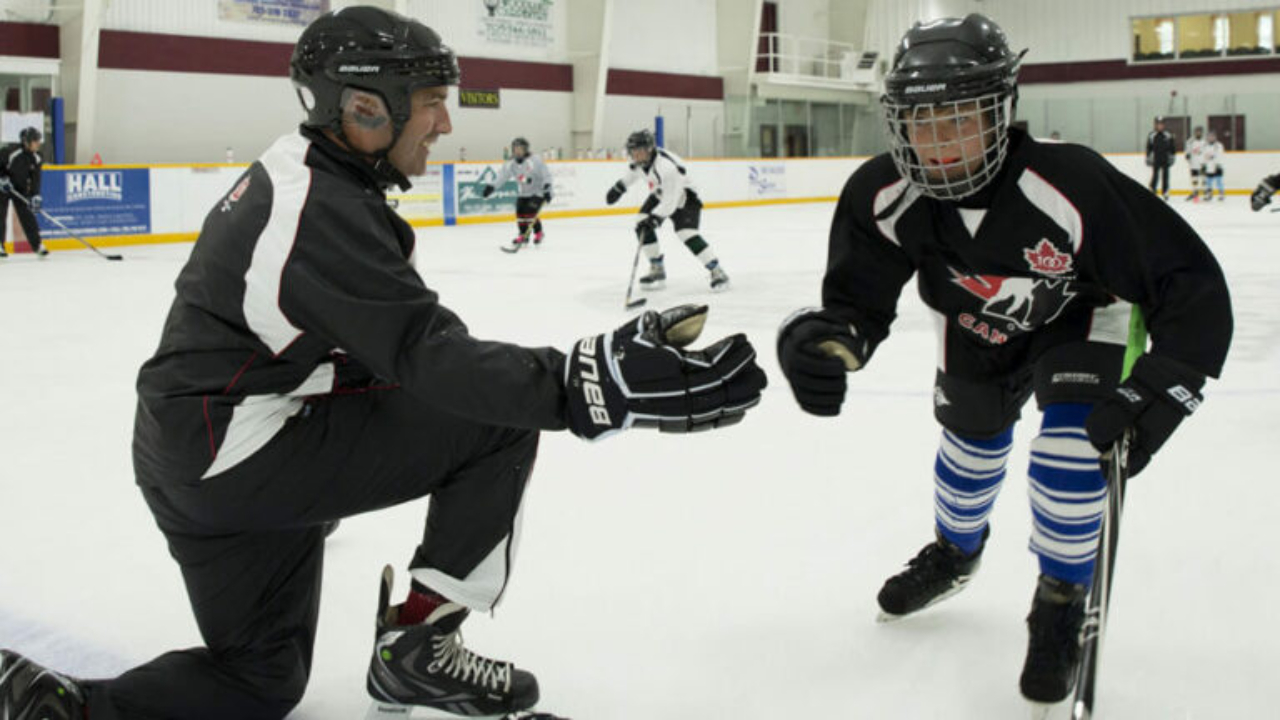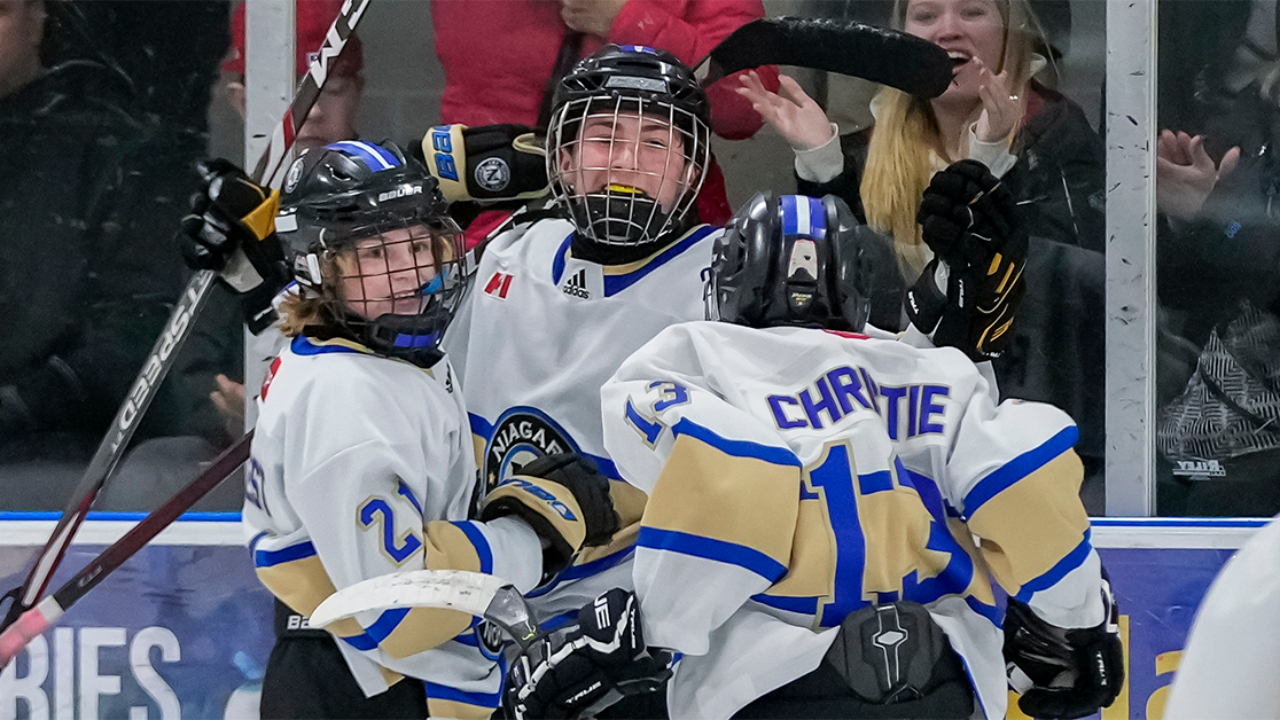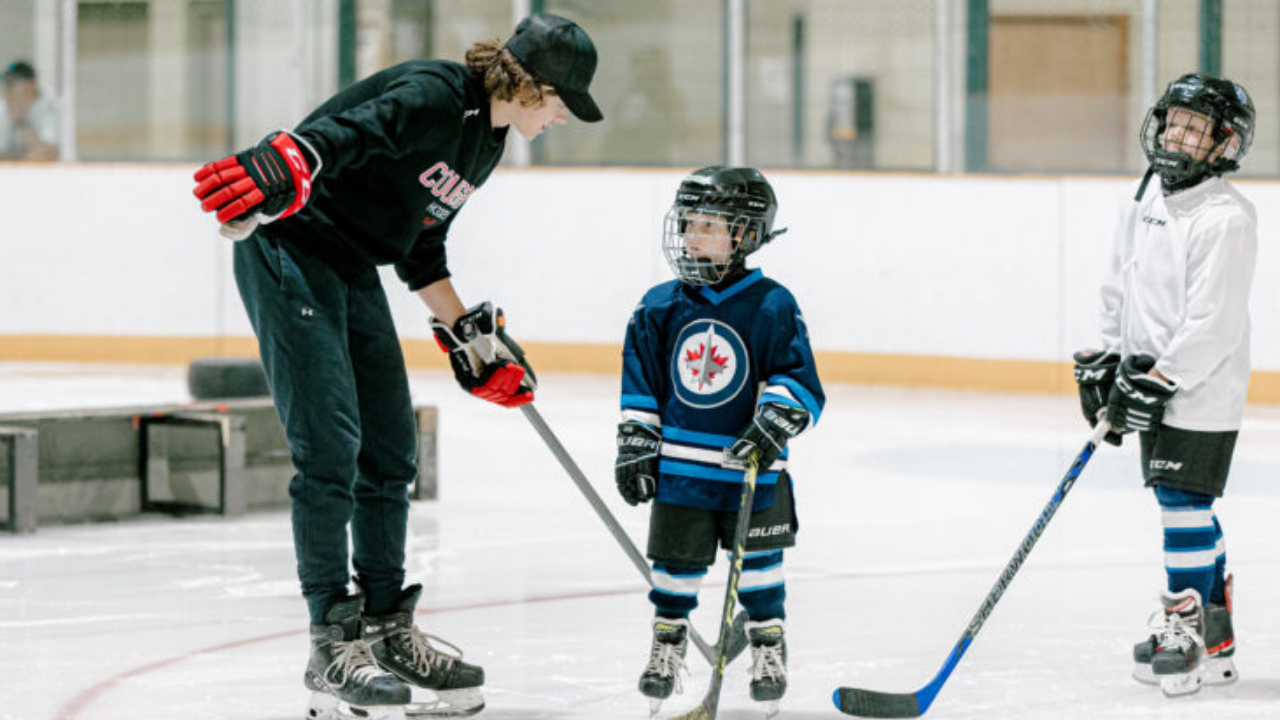
Taking a "Person First, Athlete Second" Approach: The Impact on Your Players and Team Culture
When coaches prioritize the individual behind the jersey—understanding their story, values, and motivations—the results go far beyond performance. This approach builds trust, fosters deeper connections, and creates a culture where athletes feel valued, supported, and empowered. In turn, this environment drives development, accountability, and ultimately, success on and off the ice.
Today’s athlete no longer wants to be part of a coaching dictatorship. They want a partnership. They want to be heard, to be seen, and—most importantly—to be led by someone they believe truly cares about them.
As coaches, are we doing enough to foster that kind of partnership?
With the level of todays athletes you can win games with any system. Success comes when your players are fully bought in. And that buy-in starts with trust. Building strong, authentic bonds with your athletes not only helps them believe their coach would go to battle for them every day—it also shows them that when life gets tough and personal battles arise, we’ll be there. We’ll stand by them.
Until we show our players that we care about them as people first, how can we ask them to put their bodies on the line day in and day out—for us, for the team?
I’ve often been told I have a gift for building strong relationships. But is it really a skill? I don’t think so. I believe you either genuinely care, or you don’t. And today’s athlete can read us like a book. They’re incredibly in tune with their environment. If you’re not giving them 100%, they’ll know—and you shouldn’t expect 100% in return.
Taking the time to simply talk with your athletes—to truly get to know who they are, learn about their families, what drives them, and why they play the sport—can go a long way in building meaningful relationships.
Show them it’s a two-way street. Let them in. Share who you are, why you coach, and what your values are. This kind of openness shows vulnerability, and in turn, invites them to open up to you.
When athletes see that you're willing to be real with them, it builds trust. And trust is the foundation of any strong team.
Learning to trust your players brings benefits that go far beyond off-ice connection and conversation.
How many times have you asked yourself, Can I trust this player in this situation? Trust isn’t built solely through on-ice performance—it’s developed over time, throughout the entire season.
Learning to trust all your players—whether they’re on the first line or the fourth—can elevate your team and empower your athletes. When you give players opportunities that past coaches may never have considered, you help them grow in ways they didn’t think possible.
For those of us not coaching professional hockey, what is our ultimate goal? Developing our players so they can move on to the next level.
If we do that well, winning will come hand in hand with that mission.
So how can we say we’re doing everything in our power to develop our players if we’re not willing to expose them to new situations and trust that they’ll rise to the occasion? Our sport is so focused on winning—and at times, our jobs depend on it.
But as coaches, if we’re willing to take a person-first, player-second approach, the benefits to our team, our athletes, and their development will naturally foster a culture of winning.
Take a moment. Reflect.
Are we truly giving our athletes what they need to give us their all?
Are we showing them that we’re here for the person first and the athlete second?
If not—can we really expect them to give us everything they have?



